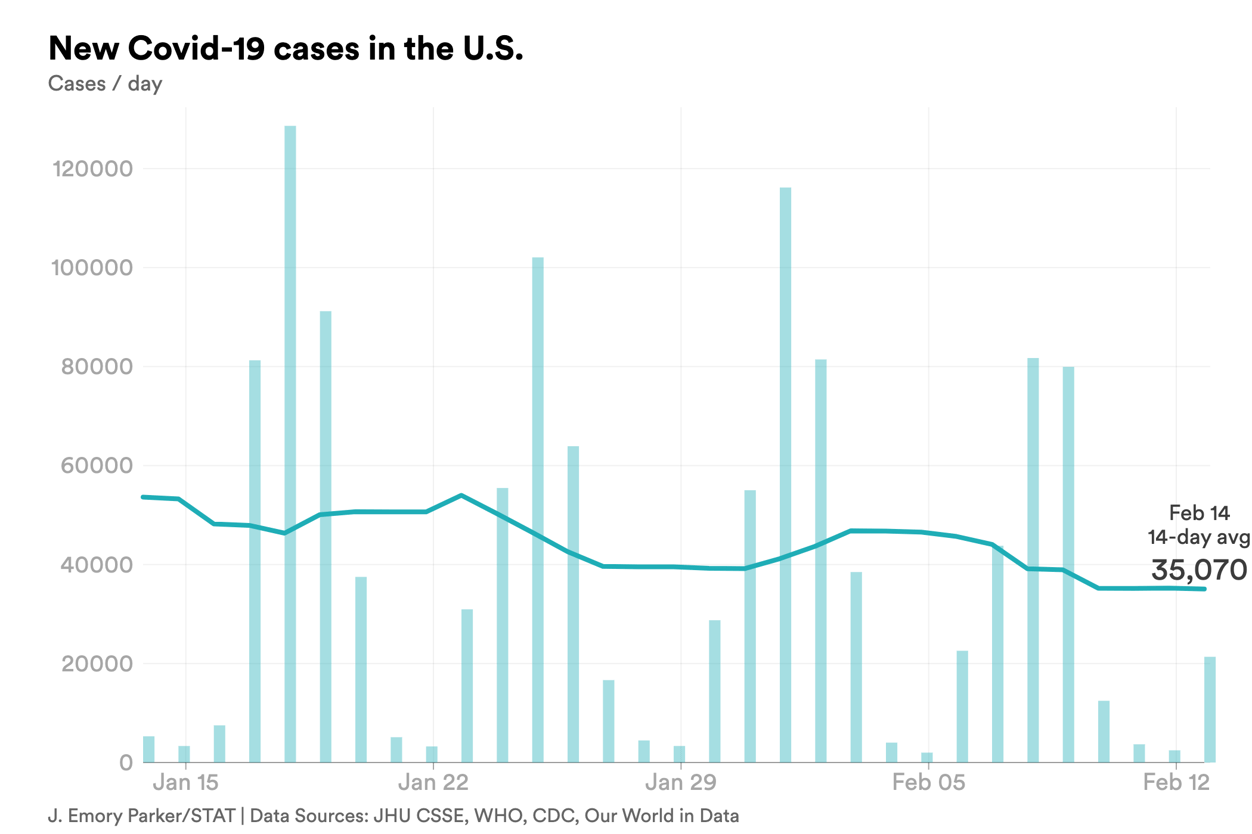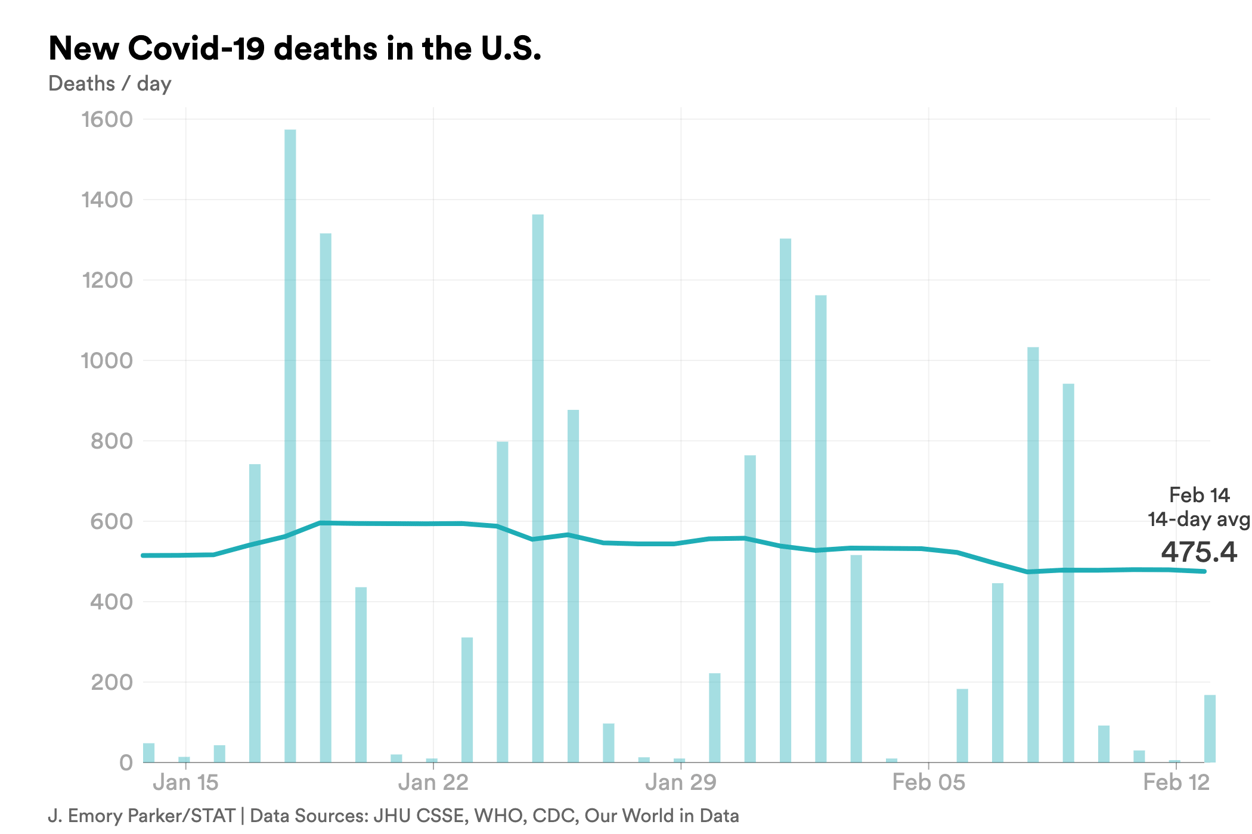Closer Look
'Choices are getting more difficult' for physician practices, AMA chief says
 Win McNamee/Getty Images
Win McNamee/Getty Images
The AMA has descended on D.C. to make its case before Congress. STAT's Sarah Owermohle sat down with AMA President Jack Resneck to talk about legislative reforms, physician burnout, and where the doctors' lobby goes from here.
What are your thoughts on physicians selling their practices to insurers?
Choices are actually getting more difficult and practices are finding themselves in positions where they feel like they have to sell to survive.
HHS Assistant Secretary Admiral Rachel Levine said at the conference that gender-affirming care is essential. What is your take?
This is what we do in medicine; we look at the evidence and help our patients. There's so much misinformation out there about what gender-affirming care is. So we are incredibly supportive. As with reproductive health care access, it is incredibly dangerous to have politicians putting in statute these things limiting what physicians can do.
Read the full interview here.
health
It's not just how long you sleep, but how consistent you are, study suggests
Getting a good night's sleep is a cornerstone of health, but "good" may have a new dimension. A study in today's Journal of the American Heart Association found an association between regular sleeping habits and atherosclerosis, in which fatty plaques narrow artery walls or form clots that block blood flow. Among more than 2,100 racially and ethnically diverse U.S. adults age 45 to 84, sleeping an irregular number of hours each night and falling asleep at varying times was linked to this precursor of heart attack and stroke.
People whose sleep duration varied by two hours or whose sleep start varied by 90 minutes within a week were more likely to have high coronary artery calcium scores. The study can't prove it, but the authors mention the power of circadian rhythms to affect health. They also say inconsistent sleep may be just one of many irregularly timed behaviors.
coronavirus
New-onset diabetes after Covid infection was lower for vaccinated patients
Developing diabetes after Covid-19 infection has been one of its more worrisome complications. A new study in JAMA Network Open confirms the association while suggesting Covid vaccination makes a difference. Looking at more than 23,000 patients infected through June 2022, the researchers found the risk of new-onset type 2 diabetes (when the body doesn't make enough insulin or grows resistant to it) was about 2.1% overall. But for unvaccinated patients, the risk was 2.7%, and for vaccinated patients, it was 1%. While the percentages are small, they translate into large numbers of people and if confirmed, add to the value of Covid vaccines.
Study co-author Susan Cheng asks whether Covid might be like a disease accelerator. "Instead of being diagnosed with diabetes by age 65, a person with preexisting risk factors for diabetes might — after a Covid-19 infection — be more likely to develop diabetes by age 45 or 55," she said in a statement.
by the numbers


No comments